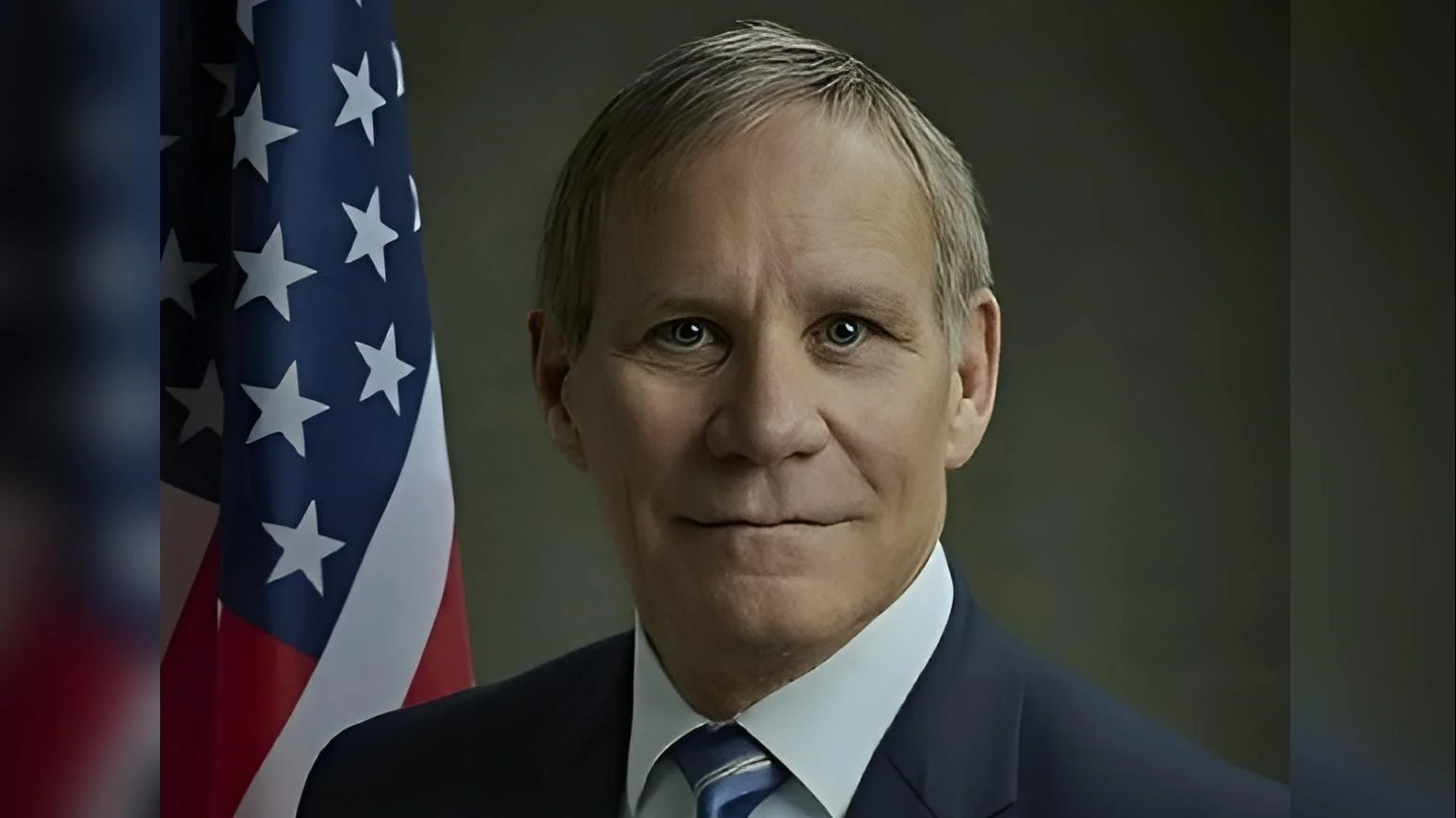Brian R. Cleland, 72, has pleaded guilty to one count of conspiracy to launder monetary instruments totaling about $46.4 million, according to the United States Attorney’s Office for the Middle District of Pennsylvania. His plea follows those of Bruce Jin in January 2025 and Carlos A. Grijalva in May 2025. Cleland and Grijalva were charged in a superseding indictment in April 2025 with conspiracy to launder monetary instruments and other offenses, after all three were initially charged in August 2023.
United States Attorney Brian D. Miller stated that Cleland admitted he, Grijalva, Jin, and other unnamed individuals agreed from 2021 to early 2022 to launder state unemployment compensation funds obtained through fraud. "Cleland also admitted that he and the others entered into a series of agreements that made it appear as if they were operating legitimate businesses selling masks and other COVID19 personal protective equipment while knowing that funds obtained and laundered through their companies were derived from fraudulently obtained state unemployment compensation (“UC”) benefits."
According to prosecutors, Cleland was aware that bank accounts belonging to identity theft victims were unlawfully created across the country, allowing fraudulent UC claims to be paid into these accounts. He also knew this activity was carried out by individuals based in China. The fraudulent payments resulted in tens of millions of dollars being issued by the Pennsylvania Treasury Department and other state treasuries.
Cleland admitted that he and Grijalva provided payment processing companies with information from these compromised accounts—details which included account numbers and routing numbers supplied by an individual identified as “COCONSPIRATOR 2” from China.
He further acknowledged transferring over $46 million as part of this scheme with Grijalva, using the supposed sale of COVID-19-related PPE as a cover story. They employed code language such as “call center” for people running the scam from China and “product” for their fraudulent commercial activities.
Cleland said he and Grijalva used multiple bank accounts to transfer more than $30 million to companies controlled by Jin, with additional funds sent to another party referred to as “COCONSPIRATOR 1.” Both men understood Jin would then move at least some money on to recipients in China.
Cleland also stated that both he and Grijalva personally profited around $2.2 million each from the operation—roughly ten percent of what they transferred.
As part of his plea agreement, Cleland consented to forfeiture of approximately $46.4 million in U.S. currency along with several bank accounts’ contents and real estate properties located in Hawaii and California purchased using proceeds from the crime; one California property was bought under a family member’s name connected with Grijalva.
Sentencing for all three defendants is set for 2026.
The Federal Bureau of Investigation (FBI) and U.S. Department of Labor Office of Inspector General investigated the case. Assistant U.S. Attorneys Ravi Romel Sharma and K. Wesley Mishoe along with Trial Attorney Patrick B. Gushue from the Department of Justice’s Money Laundering & Asset Recovery Section are prosecuting.
The U.S. Attorney General previously established the COVID-19 Fraud Enforcement Task Force to coordinate government efforts against pandemic-related fraud schemes (https://www.justice.gov/coronavirus).
A conviction for conspiracy to launder monetary instruments can carry up to twenty years imprisonment, supervised release following prison time, and a fine; sentencing decisions will be determined by a judge according to federal statutes and guidelines.





